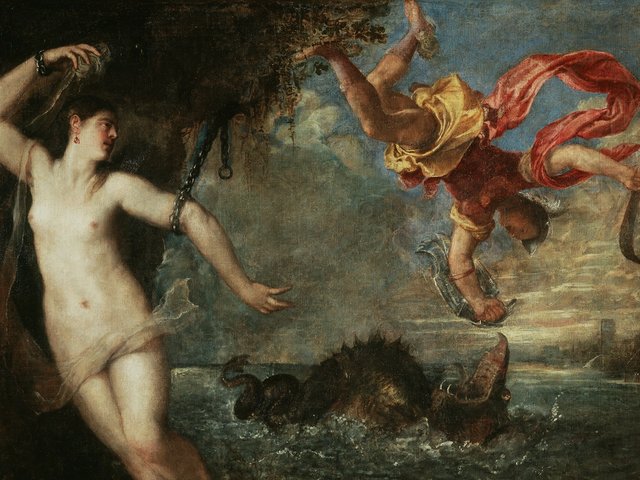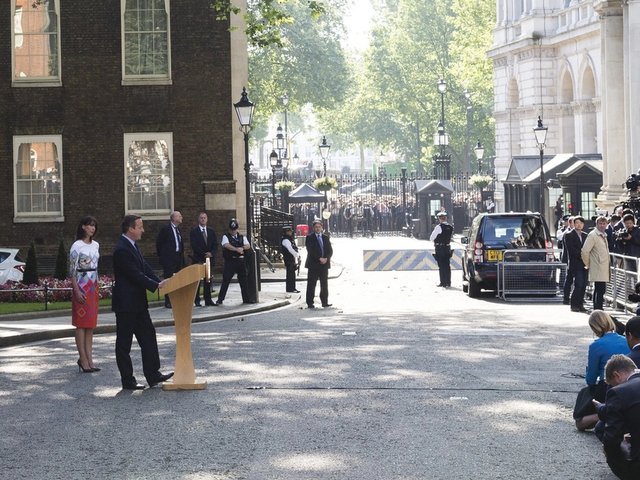The leading German art collector Heiner Pietzsch has said he will make new loans to Scotland rather than England in the event of a Brexit vote in the latest signal of the art world’s strong opposition to Britain’s leaving the European Union.
Heiner and Ulla Pietzsch have lent nearly 60 works from their Modern art collection to the Scottish National Gallery of Art for its summer exhibition Surreal Encounters, staged in collaboration with museums in Rotterdam and Hamburg.
Speaking at the opening of the exhibition, which includes major works by Dalí, Picasso, Magritte and Miró, Pietzsch said: “We will give pictures to Scotland because Scotland will stay within the EU.” His translator and curator, Francisca Cruz, clarified that he meant loans to Scotland.
Pietzsch said: "It is very important for the whole world that England is European, that we stay together. Not only for Germany, for England—but for the whole world."
The exhibition was held up as an example of European co-operation. Drawn together by the veteran art curator Keith Hartley, it includes major loans from the Museum Boijmans Van Beuningen in Rotterdam and the Hamburger Kunsthalle, and will tour on to both museums after Edinburgh.
Heiner Pietzsch dates his interest in collecting back to an exhibition of “degenerate art” in Germany that fascinated him as a schoolboy in 1946. The couple have promised to bequeath around 150 works from their Modernist collection to the national museums of Berlin.
Around 60 works in the Edinburgh exhibition have been handled by the London dealer James Mayor. He says the impact of a “Brexit” vote would be “disastrous”, adding: “It won’t affect sales to America but it will affect sales to Europe because they will then have to import the painting into Europe, subject to varying import taxes, which can go up to 27% in Hungary.”
British dealers at European art fairs would also suffer, according to Mayor. “You would have to post bonds, the bureaucracy would be a nightmare and eventually it will have drastic effects on the London art trade because people won’t want to consign work to people in England because they know that there’s going to be a further tax if they sell it on to Europe,” he says.
One possible advantage would be that Britain would relax EU regulations on artist resale rights, imposing royalties on the resale of artists’ work until 70 years after their death.
Private British galleries holding foreign artists’ work among their stock might see a temporary gain if the pound devalued, but when it came to replacing that stock the price would be correspondingly higher, he says.



